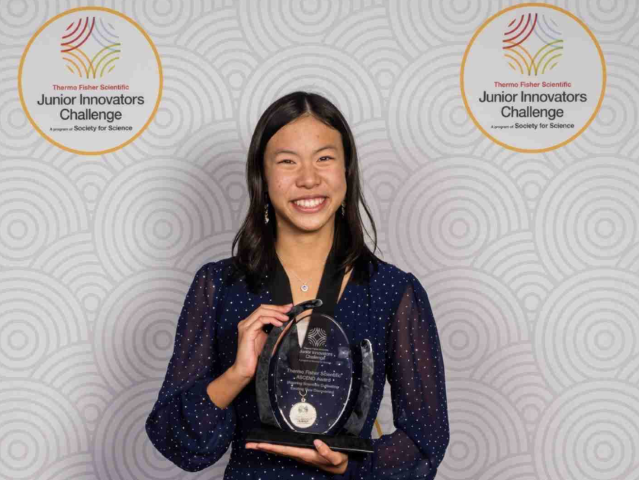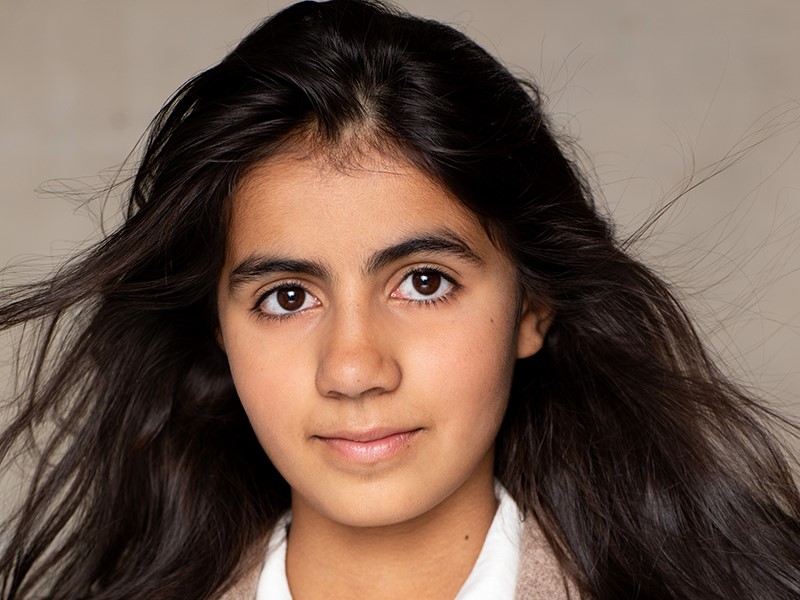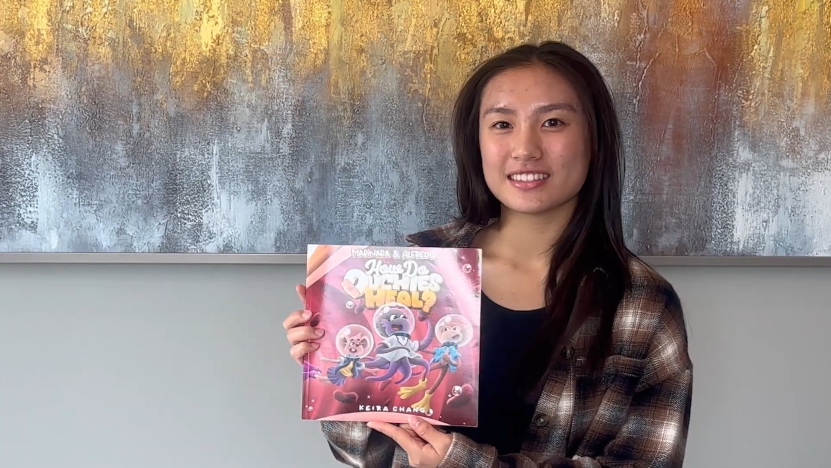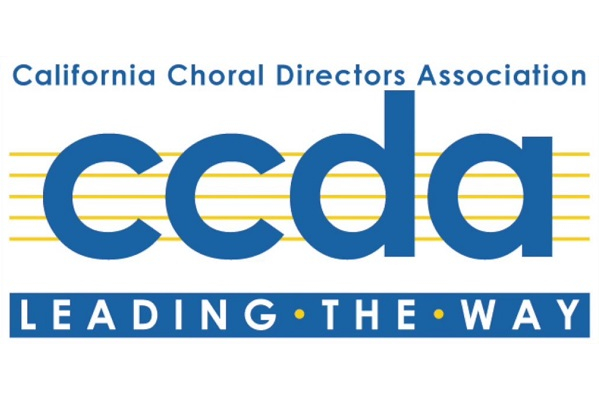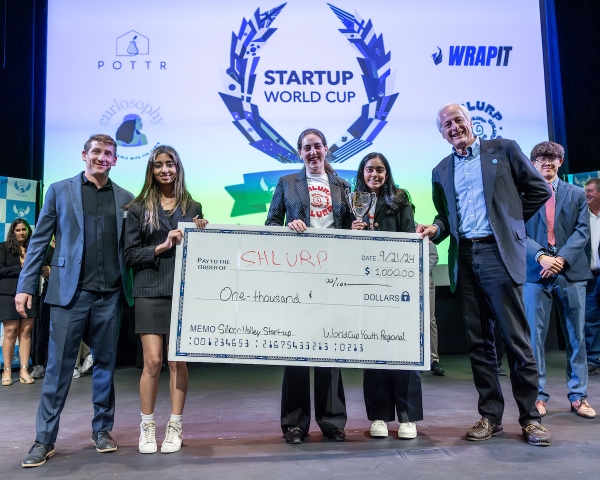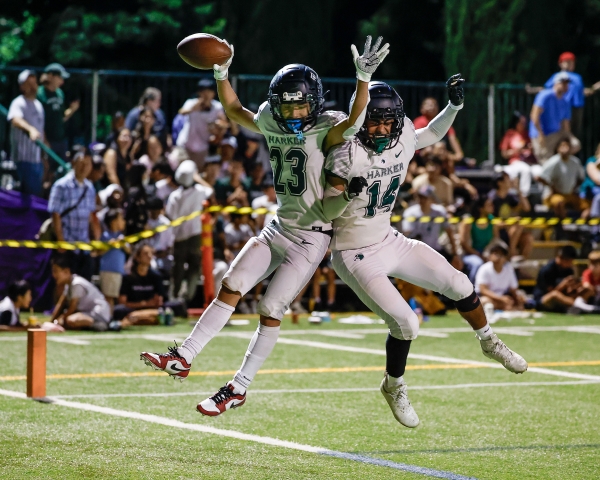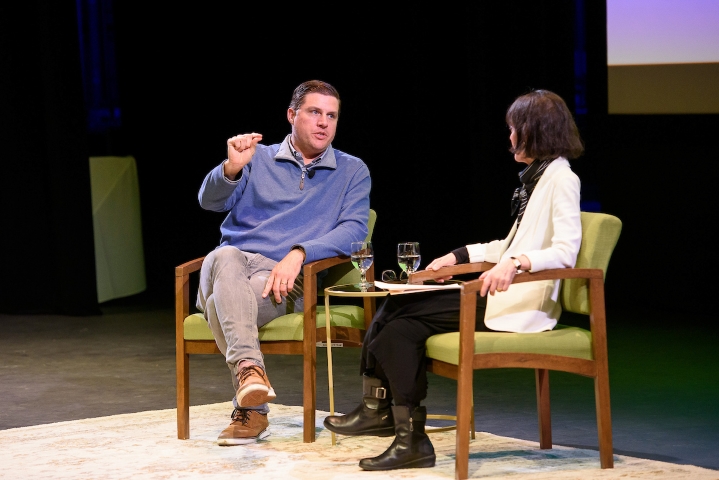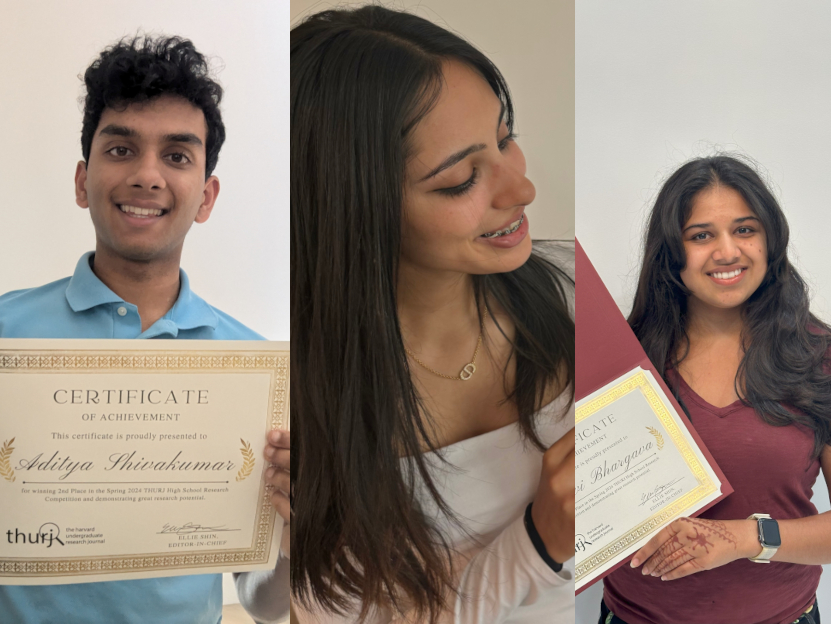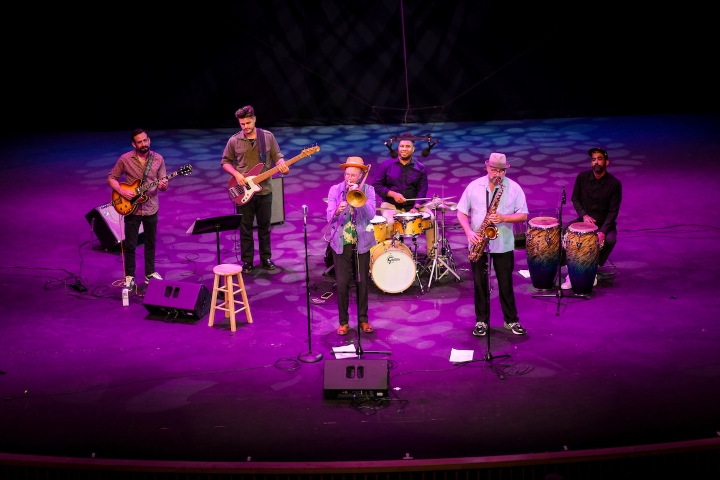Last week, eighth grader Tina Jin took the top prize in the Thermo Fisher Scientific Junior Innovators Challenge.
alumni-express
Seventh grader cast in premiere of play directed by Tony Award winner
Seventh grader Valentina Mottl has been cast in the world premier of “A Whynot Christmas Carol,” directed by the Tony Award-winning Pam MacKinnon.
Connie Zheng to be next artist-in-residence with Dickinson Endowment
Chinese-born artist, writer and filmmaker Connie Zheng will begin her residency for the Dickinson Visual Arts Endowment.
Student author to speak at Los Altos Library
Children’s book author Keira Chang, grade 11, has been invited to be a guest speaker at the Los Altos Library in November.
Singers qualify for CCDA regional Honor Choir
Earlier this month, 14 upper school students qualified for the California Choral Directors Association’s Coastal Region Honor Choir.
Harker hosts Startup World Cup youth regional competition
On Sept. 21, Harker hosted the Silicon Valley Youth Regional competition of the Startup World Cup, a world-spanning startup competition with regional events in nearly 50 countries.
Harker Day draws thousands as Eagles soar to 35-0 victory
An estimated 4,000 people braved the high temperatures on Saturday to visit the upper school for this year’s Harker Day.
David Yeager shares insight on raising adolescents at Common Ground Speaker Series
Harker hosted a special event for the Common Ground Speaker Series, featuring David Yeager, PhD, discussing his new book, “10 to 25: The Science of Motivating Young People.”
Harker takes three of five top spots in Harvard research competition
Upper school students took three out of five top spots in the The Harvard Undergraduate Research Journal’s (THURJ) Research Competition.
The Tropicales bring New Orleans flair to Caribbean sounds
New Orleans-based group The Tropicales opened the 2024-25 season of the Harker Concert Series on Friday with a sound inspired by the music of the Caribbean and forged in the Crescent City.
